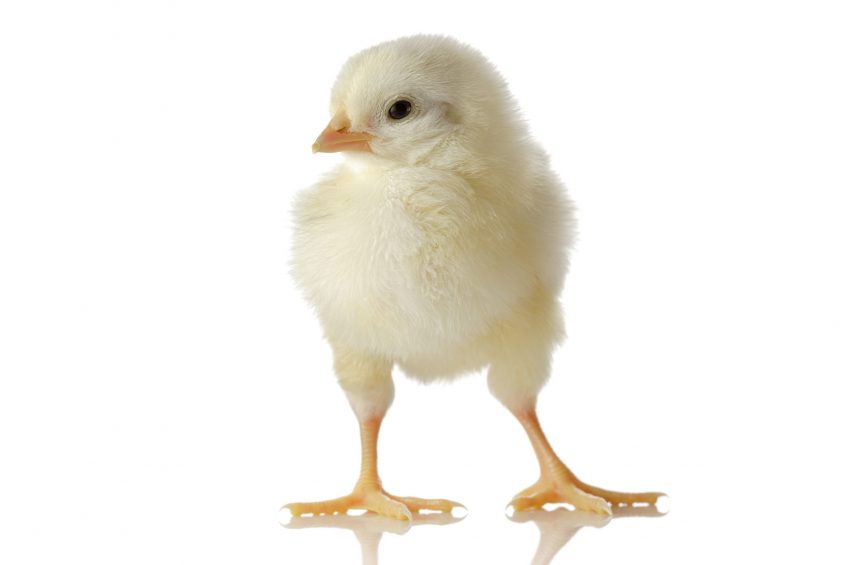First gene-edited birds produced in Europe

Hens that do not produce their own chicks have been developed for use as surrogates to lay eggs from rare breeds.
The advance – using gene-editing techniques – could help to boost breeding of endangered birds, as well as improving production of commercial hens, researchers say.
Section of chicken DNA deleted
A team led by The University of Edinburgh’s The Roslin Institute used a genetic tool called TALEN to delete a section of chicken DNA. They targeted part of a gene called DDX4, which is crucial for bird fertility. Hens with the genetic modification were unable to produce eggs but were otherwise healthy, the team found.
DDX4 plays an essential role in the generation of specialised cells – called primordial germ cells – which give rise to eggs. Researchers say that primordial germ cells from other bird breeds could be implanted into eggs carrying the gene-edited birds. The hens would then grow up to produce eggs containing all of the genetic information from the other breeds.
Also interesting: Will genetics solve the wooden breast problem?
Potential to help rare breed sector
The surrogate chickens are the first gene-edited birds to be produced in Europe. Experts say they could potentially be used to help breed birds of other species, as long as a supply of primordial germ cells is available from a donor bird, the team says. Further research will be needed to investigate this.
Lead researcher Dr Mike McGrew, of The University of Edinburgh’s The Roslin Institute, said: “These chickens are a first step in saving and protecting rare poultry breeds from loss in order to preserve future biodiversity of our poultry from both economic and climate stresses.”
Scientists from the US biotechnology company Recombinetics also worked on the project. The study is published in the journal Development and was funded by strategic investment from the Biotechnology and Biological Sciences Research Council.












